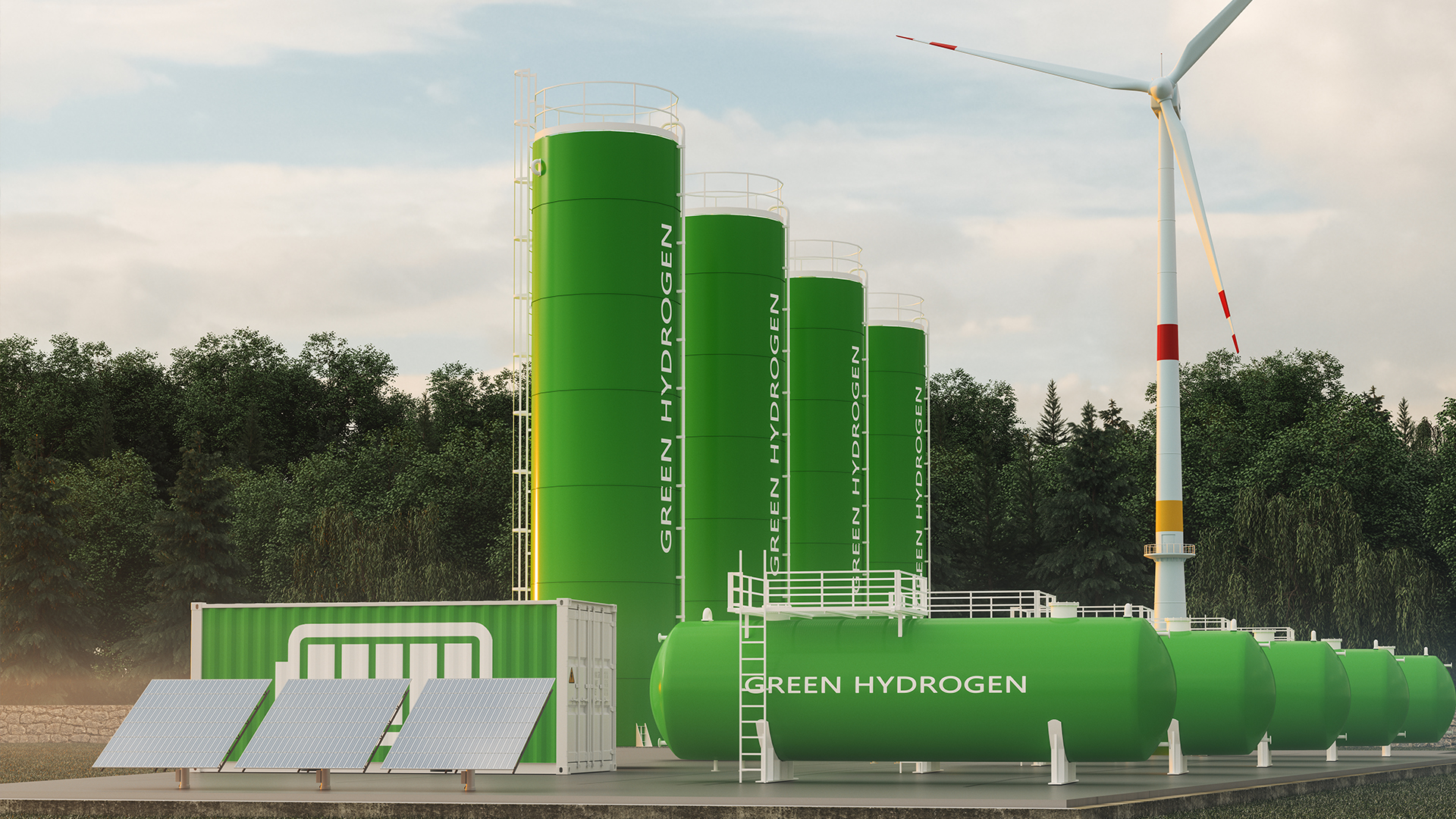In Race to Supply Europe with Green Hydrogen, North Africa Faces Stiff Competition… from Europe
In recent weeks, the already tough competition among North African countries to become regional leaders in green hydrogen production has grown even tougher. That competition began in earnest in 2022, when the European Union launched the REPowerEU plan: The plan targets 20MT of low-carbon hydrogen production — half at home and half imported from abroad.
Countries in sun-drenched North Africa are in pole position to satisfy this demand. They have responded by announcing a profusion of renewable hydrogen strategies and competing to attract FDI. Morocco unveiled its national hydrogen roadmap in 2021, followed in 2022 by Egypt and last year by Mauritania and Algeria. Tunisia revealed its own strategy just last week, leaving Libya as the only country in the region without one.
These plans outline extensive solar and wind power investments alongside electrolyzer development. Through economies of scale, they aim to bring green hydrogen costs down to $1/kg to make the tech competitive with fossil fuel-derived molecules. To funnel the hydrogen to Europe, North African countries are studying sea transport, retrofitting existing pipelines or building new ones that would link up to planned European hydrogen infrastructure like the SoutH2 corridor.
But recent news from Europe could put a chill on the sector. On 30 April, the European Commission announced the results of its inaugural European Hydrogen Bank auction (an EU initiative to kick-start the continent’s renewable hydrogen market). The winners — seven power producers from Iberia and Scandinavia — proposed green hydrogen prices of $0.40-0.52/kg, far below expectations and most North African producers’ targets. A robust subsidy mechanism alongside the auction will help those producers keep prices down, further challenging would-be suppliers outside Europe.
This may not be bad news for North Africa’s nascent hydrogen sector if — as REPowerEU projects — the bloc requires a combined 20MT of hydrogen starting from 2030. But with the current consumption of (mostly non-renewable) hydrogen in Europe around just 8MT, this vision hinges on new uses for hydrogen. However, recent studies have cast doubt on hydrogen’s applicability in home heating, transport and other use cases, raising doubts about just how much Europe’s hydrogen demand will really grow.
Based on the first auction’s results, if demand is indeed less than projected, low-cost European producers may be able to meet the continent’s hydrogen needs on their own, leaving North African countries without that promising future income stream.
Regional energy officials will watch carefully as Europe launches a second hydrogen auction later this year. The results could prompt a major rethink of North African green hydrogen strategies, with major implications for investors.
Interested in learning about Horizon Engage’s energy transition coverage?
Please provide your email below to receive more of our analysis.
About Horizon Engage
Horizon Engage provides country-level analysis on political, social and environmental issues that impact the investment climate for foreign direct investors. We’re changing the game for our clients by merging tech and geopolitical expertise in a whole new way. Let us be your eyes and ears so you can make decisions with confidence. Learn what we do.



